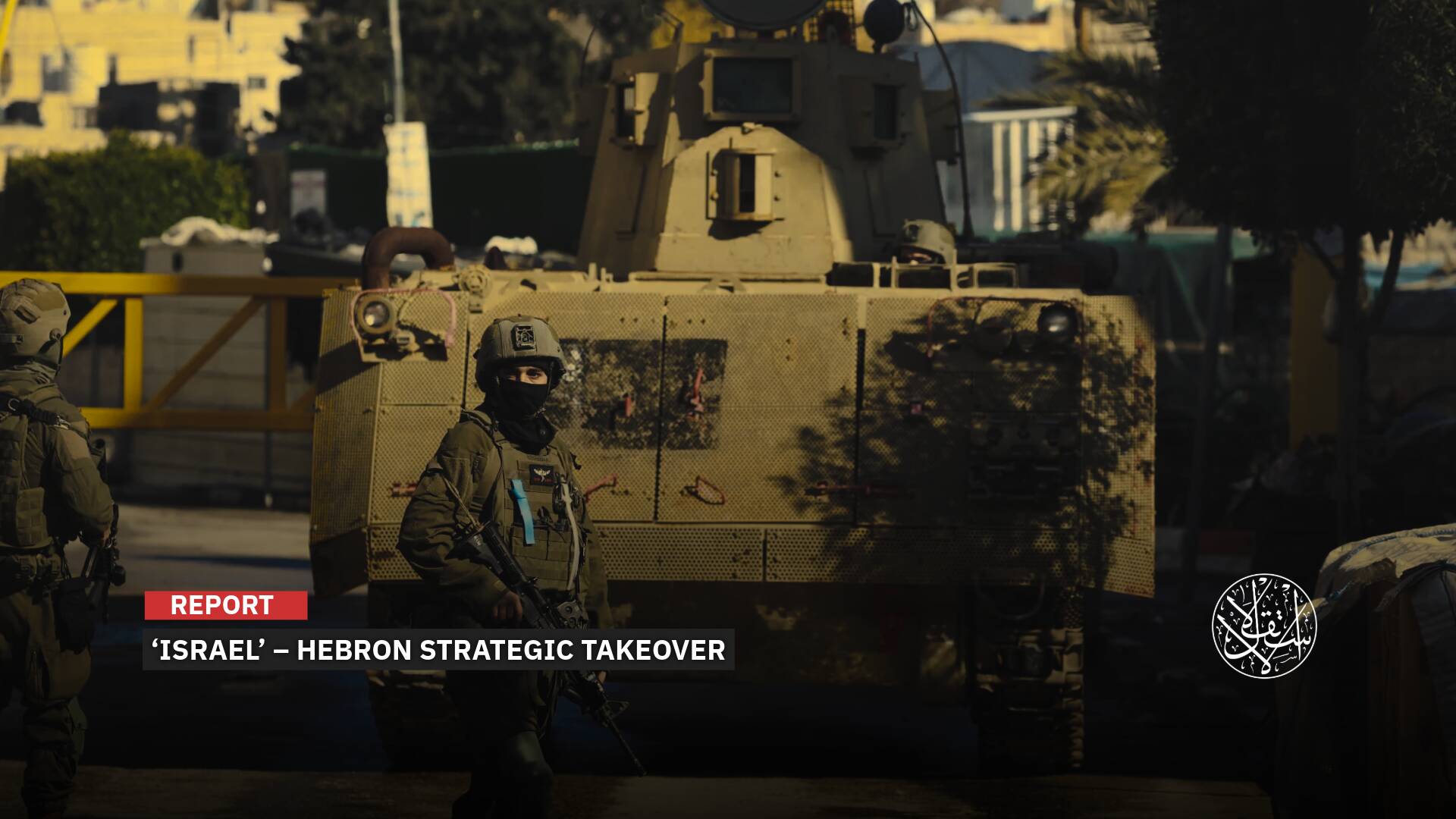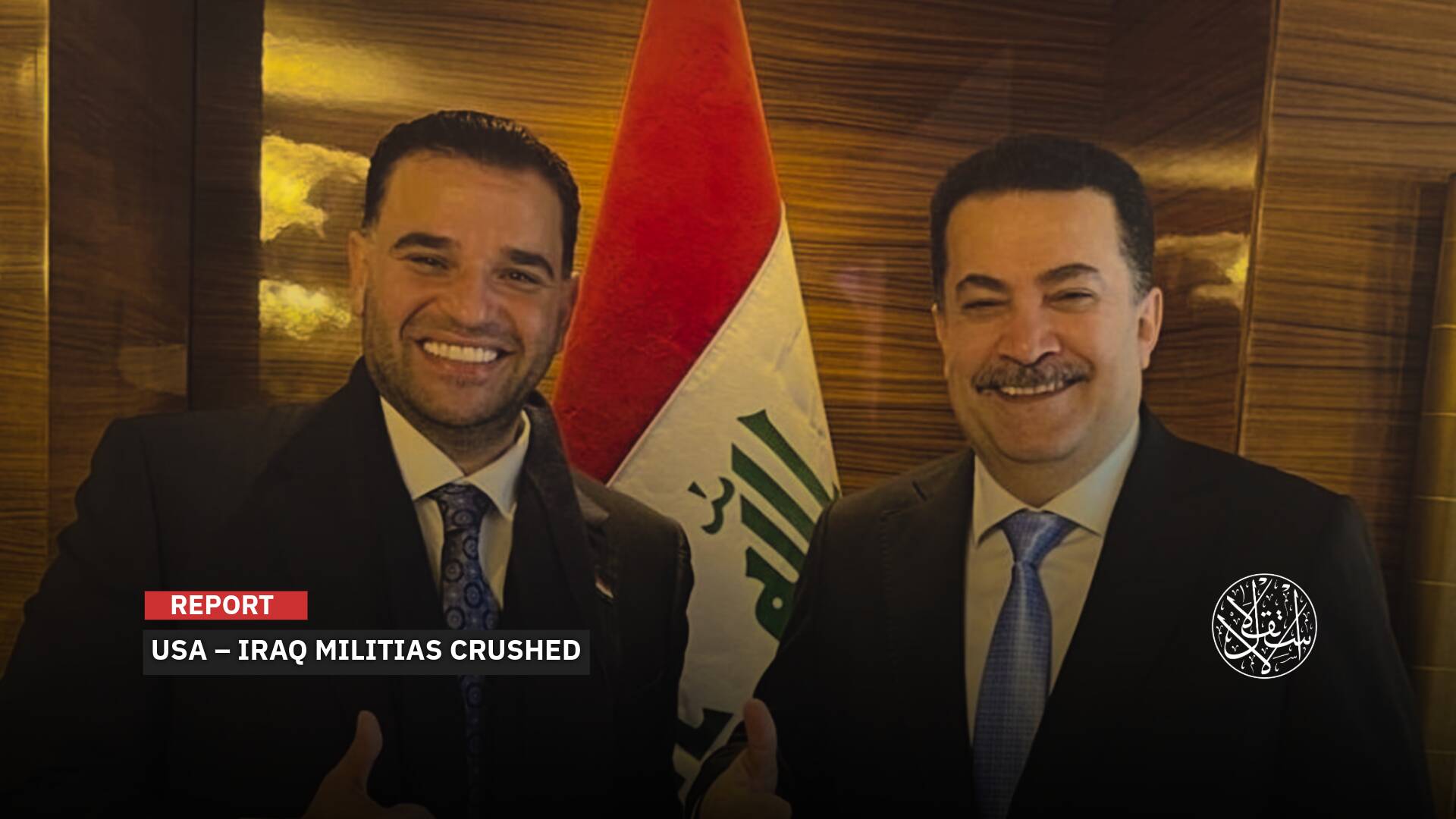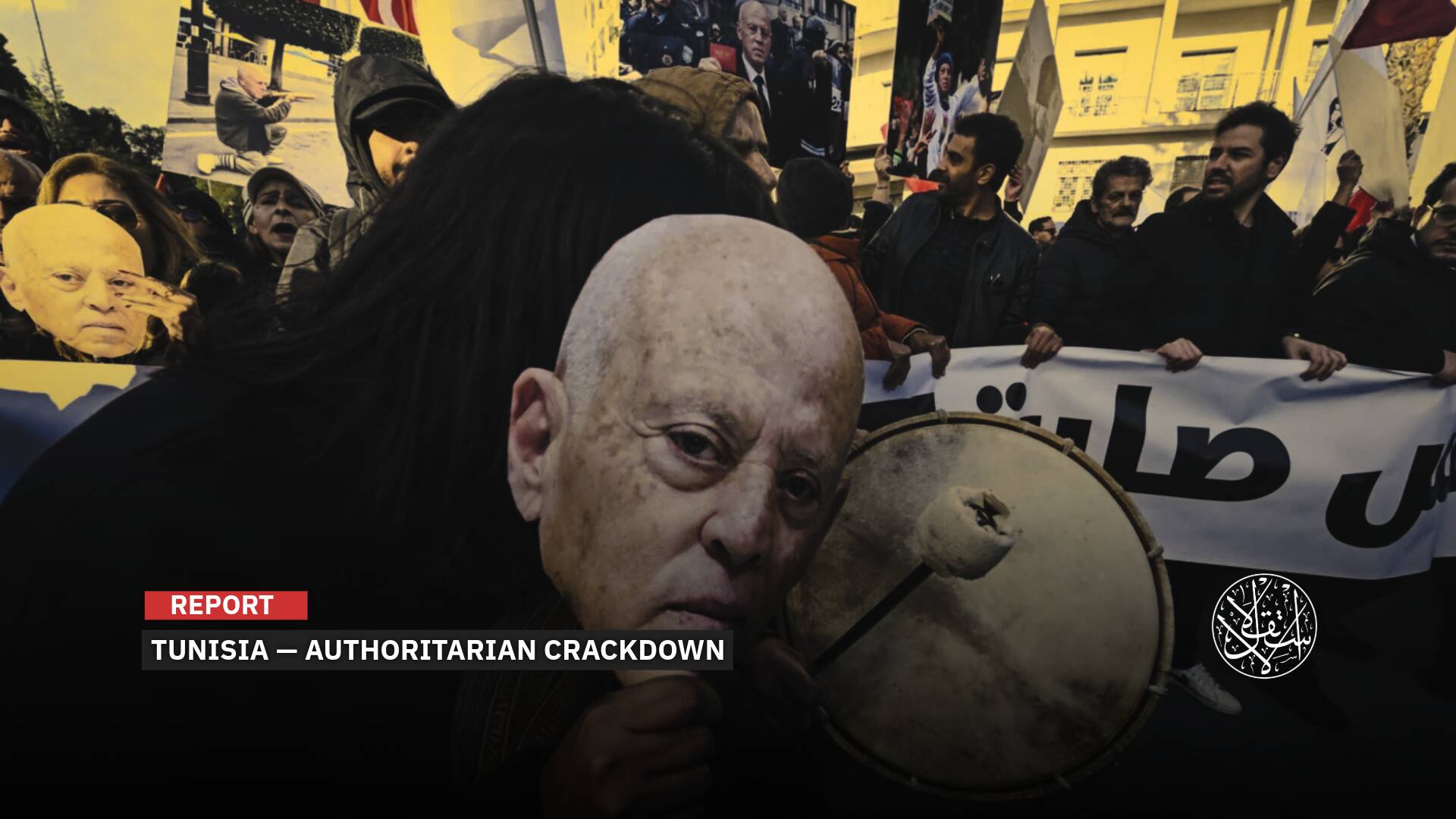‘Talks Are Good, and Trump Is a Man of Peace’: How Iran’s Rhetoric Toward the U.S. Took a Surprising Turn

Khamenei said that negotiating with the United States is neither smart, honorable, nor wise.
After two rounds of indirect talks in Oman and Italy, Iran’s tone toward the United States has clearly shifted. What was once described as “irrational” and “dishonorable” negotiations is now being replaced with praise for U.S. President Donald Trump, who is currently being referred to as a “man of peace.”
The first round of talks began on April 12, 2025, in Oman. The second followed in Rome on April 19, with a third round expected to return to Muscat, focusing on the Iranian nuclear issue.
A Shift in Rhetoric
Before the talks began, specifically on February 7, Iran’s Supreme Leader Ali Khamenei posted on X criticizing negotiations with the United States. “Negotiating with such a government [the U.S.] is not rational, wise, or honorable.”
Khamenei said Iran spent two years in negotiations, eventually reaching an agreement, arguing it was “generous and made significant concessions” during the marathon negotiations. “
“However, the Americans did not honor the agreement. The very person who is in office now tore up the agreement,” he added, referring to Donald Trump.
Khamenei, who has consistently cautioned against placing faith in the U.S., doubled down on his skepticism, saying that even before Trump’s presidency, the deal’s signatories, including Barack Obama's administration, “did not adhere to it.”
Iran’s Supreme Leader, who holds the final say on all major decisions, stressed that there should be no negotiations with a government like the U.S. administration.
However, after the first round of talks ended, Khamenei shifted his tone. In a post on X on April 15, he said, “The initial stages of the Oman talks went well, and from now on, we must move forward with precision.”
The shift in rhetoric didn’t stop there. Some individuals close to Iran’s decision-making circles began to describe Trump as a man of peace, stating that he is very eager to visit Iran and meet with Khamenei, according to former Iranian diplomat and head of the Asfar Center for Studies, Amir Mousawi.
“Trump is seeking the Nobel Peace Prize and doesn’t care about Israel. Even the issue of nuclear weapons is just an excuse to begin negotiations with Iran,” he said during a television interview on April 13.
Mousawi himself tweeted at the end of Trump’s first term on January 20, 2021, that the revenge for the former commander of the Quds Force, Qasem Soleimani, and the former deputy head of the Iraqi Popular Mobilization Forces, Abu Mahdi al-Muhandis, had been achieved by “removing the terrorist” from the White House, as he put it.
In his tweet, he added, “Trump has three options: either face justice in Sanaa, Baghdad, Tehran, and Damascus, or commit suicide, or meet his fate through divine intervention.”
On January 3, 2020, Trump ordered the assassination of Soleimani as he arrived in Baghdad from Syria and was greeted by Abu Mahdi al-Muhandis. A missile targeted the car they were traveling in, in retaliation for potential attacks on U.S. interests that the Iranian general was allegedly planning, according to statements from the U.S. president at the time.

Breaking the Taboo
In an unprecedented scene, a video shows Iranian Deputy Foreign Minister Saeed Khatibzadeh handing his mobile phone to Barbara Leaf, the former U.S. Assistant Secretary of State for Near Eastern Affairs.
The two exchanged phone numbers during a meeting at the Sulaimani Forum in the Kurdistan Region of Iraq on April 18, contradicting Tehran’s previous stance on indirect talks with Washington.
On April 19, the Associated Press quoted an unnamed senior U.S. official, revealing that Steve Wittkoff, Trump’s envoy to the Middle East, had engaged in both “direct” and “indirect” discussions with Iranian Foreign Minister Abbas Araghchi in Rome, though without providing further details.
The U.S. official confirmed that at a point during the negotiations in Rome, “President Donald Trump’s special envoy Steve Witkoff and Iranian Foreign Minister Abbas Araghchi spoke face to face.”
“Today, in Rome over four hours in our second round of talks, we made very good progress in our direct and indirect discussions,” the official said.
Earlier, on April 6, Hussein Shariatmadari, the Iranian Supreme Leader’s representative and the director of the conservative Kayhan newspaper, threatened to assassinate Trump in retaliation for the blood of General Qasem Soleimani. This statement was quickly retracted by supervisory authorities.
The Iranian Press Monitoring Agency issued a warning statement to the Kayhan newspaper for “publishing content it claimed contradicts the security, dignity, and interests of the Islamic Republic.”
The statement clarified that the Islamic Republic's fundamental stance regarding the killing of General Qasem Soleimani is to prosecute those involved in an appropriate international court, not to assassinate the U.S. president.
Commenting on this Iranian contradiction, Iranian writer Majid Moradi wrote on Almodon on April 8, explaining that it results from role distribution within the system, though not in the usual manner.
“The politician takes on the task of issuing nuclear military threats, while the Chief of Staff of the Armed Forces adopts a diplomatic, peaceful tone to reassure the international community that Iran is not heading toward a military project. Meanwhile, the Supreme Leader’s representative in Kayhan threatens to assassinate Trump,” Moradi said.
“This is how Iran wants to convey to the other party: All options, including the impossible one, like assassinating the U.S. president, are on the table.”

Investments for America
Tehran's decision to negotiate with Washington was not the only shift in Iranian policy, nor was it the only change in its official rhetoric.
The situation evolved to the point where Iran informed the U.S. administration that it was ready to offer the United States investments within the Islamic Republic amounting to $4 trillion.
“Tehran informed U.S. envoy Steve Wittkoff that Iran is ready to offer the United States investments worth $4 trillion,” Iranian writer and political analyst close to the regime, Mohammad Saleh Sedghian, posted on X.
“These investments, spanning four years, would cover various sectors, including the purchase of aircraft, as well as projects in oil, gas, petrochemicals, steel, iron, copper, and more.”
Contradictions in Iranian Discourse
Iraqi researcher specializing in Middle Eastern affairs Bahaa al-Din al-Barzanji said contradictions in Iranian discourse are a method followed by the system of Guardianship of the Islamic Jurist (Velayat-e Faqih). It has no fixed principles, only the goal of preserving its existence. This foundation was established by its previous leader, Ruhollah Khomeini.
“Al-Khamenei emphasized in issue number 15 of Noor Magazine, specifically on page 319, that ‘preserving the Islamic Republic is more important than preserving the life of any individual, even if it were the Imam of the age [the awaited Mahdi in Shiism], because he [the Imam] too would sacrifice himself for Islam,’” he told Al-Estiklal.
“This statement forms the basis for what we refer to as contradictions or transformations in Iranian discourse.”
“However, the Velayat-e-Faqih system is willing to sacrifice everything to maintain its power, even if it means conceding its nuclear weapons or regional proxies, and other aspects we might consider non-negotiable,” al-Barzanji added.
During his first term, Trump withdrew in 2018 from the nuclear agreement previously signed by Tehran with his predecessor Barack Obama in 2015. Today, the U.S. president is pushing for a new deal with more advanced terms.
To reach a new Iranian nuclear deal, the United States has demanded that Tehran halt the activities of its regional factions, as revealed by Russian Foreign Minister Sergey Lavrov on March 12, 2025.
In an interview published on the Russian Foreign Ministry’s website, he affirmed Moscow’s support for a framework to advance the nuclear agreement, while voicing concern over Washington’s insistence on attaching political conditions, chief among them, a demand that Iran cease its support for certain groups operating in Iraq, Lebanon, and Syria.
Sources
- Iran, US task experts with framework for a nuclear deal after 'progress' in talks
- Khamenei says negotiations with US 'not wise' and 'won't solve' Iran's problems
- US and Iran say talks over Tehran’s nuclear program make progress and set plans for more
- An attack on Iran would include nuclear facilities, air defenses, and missile bases [Arabic]
- Iran's Contradictions: From Nuclear Negotiations to Trump's Assassination [Arabic]
- Trump describes Iran talks as "good," and Pezeshkian says he's ready for a framework agreement [Arabic]
- Washington: Nuclear talks with Iran making "very good progress," date set for next round [Arabic]
- To Shield Its Regime from Trump’s Wrath: Iran’s Moves to Safeguard Its Nuclear Program










